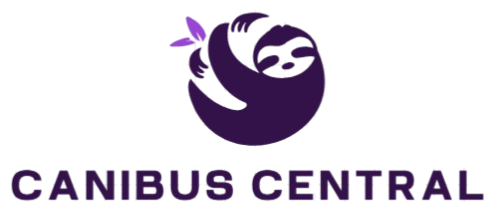Achieving Success in Professional Contexts: Fashioning Oneself
- By Dan Harrington
- March 12, 2024
What you wear to work might have an important effect on how other people see you. Dressing right not only makes you feel better about your self-worth, but it also makes a big difference in how you look at work. Here are some easy tips that will help you dress in a way that is both professional and effective for any kind of business meeting.
Know the dress code
Knowing the dress code at work is first and foremost important. It could be business casual or dressy. If in doubt, look at what your executives and coworkers are wearing, or even seek advice from HR. Understanding the dress code.
Selecting appropriate threads
Men may wear a fitted suit in a neutral hue like grey, navy, or black to a professional business setting. Dress it down with a modest tie and a clean, white shirt. Women have to decide between a professional dress and maybe a jacket or a well-fitting suit. While women may choose a modest skirt or a tidy blouse with dress trousers, men can wear chinos or dress pants with a collared shirt in business casual situations.

Colours and Patterns: Their Function
Keep to basic, neutral hues; they are always in vogue and communicate professionalism. A subdued pattern like stripes or checks might give your ensemble a little personality. To be least disruptive in a work environment, avoid using loud patterns and vivid colours.
Shoes and accessories
It is advisable to use accessories sparingly. Pick simple items, such as a modest set of earrings or a traditional watch. Always keep your shoes tidy and in excellent shape. While ladies might choose low heels or closed-toe flats, men should wear polished formal shoes. Make sure your shoes fit well, as they may influence your posture and comfort level all day long.
Body Care
Grooming oneself is just as important as dressing well. Keep your hair in a ponytail, paint your nails, and act put-together at all times. Being neat shows that you take your appearance seriously and care about the details.
A large wardrobe or pricey clothing is not necessary to dress for success in a professional setting. It comes to selecting the proper clothes that fit well, look decent, and are appropriate for the job. These easy rules can help you make a good impression and feel secure in your work life.










